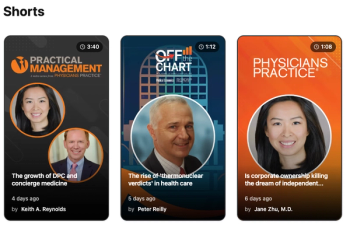
Compounding weight loss drugs
Where are we after the FDA drug shortage expired?
When a drug manufacturer like Eli Lilly invents a new drug (or buys the license from someone who did), it can gain “exclusivity” for its stockholders and make a ton of money in the process. Which exactly what happened with GLP-1 and other peptide weight-loos drugs.
If "Eli Lilly" sounds like a Civil War character, he was. The company was founded by a real-life pharmacist and colonel in the Union Army who was captured and imprisoned by Confederates during the Civil War.
One way to gain exclusivity for stockholders, is to patent the drug, which Eli Lilly did to gain exclusivity for Mounjaro® and Zepbound®. Patents can last for up to several decades, but there are shenanigans that can
The other way to protect shareholder’s is to gain FDA “exclusivity” which
While a US Patent is only enforceable by the patent holder, the FDA enforces compounding restrictions under Section 503A of the FD&C Act. Often the FDA will pay states Attorneys General to do the enforcing through Consumer Protection Divisions.
FDA Shortage list. There was only one problem, while Eli Lilly patented salvation in a syringe, it couldn't make enough of the stuff to keep it in stock. In such a case, the FDA publishes a “drug shortage” list. Eli Lilly’s Tirzeptide had been on the list for obvious reasons, but on August 2, Lilly announced that it had plenty in stock, and to protect shareholders, you can imagine what happened next.
Kirkland Ellis to weight loss centers: “Cease and desist.” A number of MedSpas and clinical practices began receiving “Cease and Desist” advising that the drugs were no longer on the shortage list.
But there is a second way to compound, even if the drug is not on a shortage. If the prescription states a “medical necessity” from the doctor for a compounded version of one of these drugs (many are adding B-12 due to the fact that weight-loss drugs can lead to a B-12 deficiency.) And that appears to be where we are now.
I would predict that there will be a few major lawsuits against a few targeted sellers, challenging the “medical necessity” claims. But this is typically a matter for medical boards, not the FDA. Meaning that the only recourse for Eli Lilly is to file medical board complaints. So far, I am not getting any reports of this happening, but as medical board complaints can be confidential, especially if settled, a complaint could be filed and settled, and no one would be allowed to talk about it.
Martin Merritt is a health lawyer and health care litigator at Martin Merritt PLLC, as well as past president of the Texas Health Lawyers Association and past chairman of the Dallas Bar Association Health Law Section. He can be reached at
Newsletter
Optimize your practice with the Physicians Practice newsletter, offering management pearls, leadership tips, and business strategies tailored for practice administrators and physicians of any specialty.






